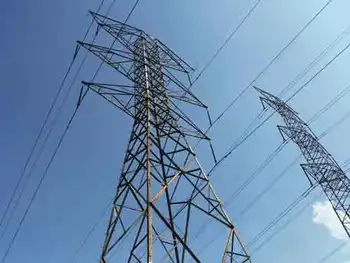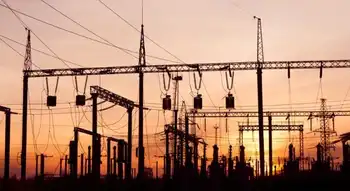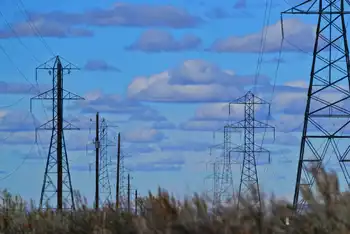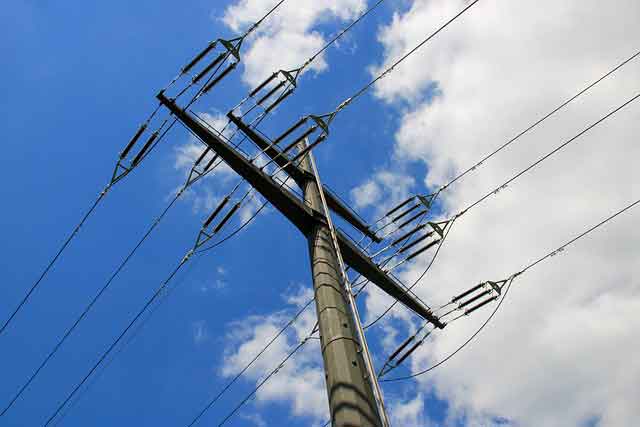MBPV to invest $5 billion in Indian solar
Investments will be made in the development of new manufacturing facilities in Chennai, Tamil Nadu, and Hyderabad, Andhra Pradesh, in addition to expansion of the firm's existing solar energy facility in Greater Noida, Uttar Pradesh.
With the solar energy markets anticipated to reach the $250 billion mark by 2020, MBPV plans to expand annual equipment production capacity to 1,000 megawatts (MW) by the end of 2010. Two 500-MW plants have been planned, one each at Chennai and Hyderabad, with an initial capacity of 100 MW. The facilities eventually will be ramped up to nameplate capacity.
The plant at Chennai is likely to be developed in phases at a total cost of about $1 billion. The facility at Hyderabad will be established at the FabCity complex, with the state government of Andhra Pradesh recently clearing land allocation for the project. MBPV holds about 100 acres of land in each of the two cities where it plans to establish manufacturing units specializing in thin film and crystalline photovoltaic modules and cells. It is estimated that MBPV is likely to spend about $2 billion on these ventures in the next two to three years.
MBPV had earlier deferred its brownfield and greenfield ventures due to the economic slowdown and the global decline in demand for solar energy equipment, which led to inventory buildup in the photovoltaic markets of Europe. The company also had trimmed production at its facility in Noida, with a view to reducing the existing inventory of solar components before reinstating idle capacity.
Moser Baer India established two subsidiaries, MBPV and PV Technologies India Limited, during 2005-07 primarily to promote solar energy alternatives. Backed by the prior expertise of the parent company in the production of optical storage discs, MBPV manufactures competitively priced, cutting edge photovoltaic products that are compliant with international standards and enjoy a wide reach, spanning 80 countries.
MBPV's current production capacity of 200 MW comprises 40 MW of thin film products, and 80 MW each of crystalline modules and cells. Expansion operations are on the cards, including the present $120 million, 100-MW crystalline production line being developed at MBPV's facility in Noida.
MBPV is also involved in implementing several solar ventures in the country, such as the rooftop solar photovoltaic installation in Surat, Gujarat; the 1-MW solar project at Chandrapur in Maharashtra, for state-owned Maharashtra State Power Generation Company Limited; and two 5-MW ventures for the state electricity boards in the states of Tamil Nadu and Rajasthan. While the installation in Surat will be largest of its kind in India, the Mahagenco venture is expected to figure in the global list of largest amorphous silicon (thin film) photovoltaic installations upon commissioning in 2010. MBPV partnered with SunEnergy Europe GmbH to execute this engineering, procurement and construction (EPC) contract.
Solar energy ventures in India are being considered as a viable energy alternative. The government of India recently announced a new incentive scheme based on generation technology for solar ventures. Under the scheme, solar thermal power projects are entitled to a compensation of (US) 21 cents per kilowatt-hour of output, while solar photovoltaic projects will be compensated at the rate of (US) 26 cents per kilowatt-hour.
Related News
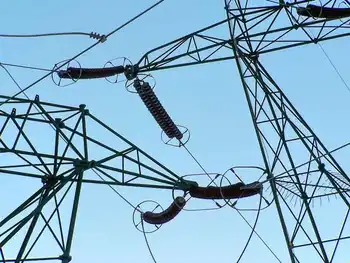
Philippines Reaffirms Clean Energy Commitment at APEC Summit
PHILIPPINES - At the recent Indo-Pacific Economic Cooperation (APEC) Summit, the Philippines reiterated its dedication to advancing clean energy initiatives as part of its sustainable development agenda. This reaffirmation underscores the country's commitment to mitigating climate change impacts, promoting energy security, and fostering economic resilience through renewable energy solutions.
Strategic Goals and Initiatives
During the summit, Philippine representatives highlighted strategic goals aimed at enhancing clean energy adoption and sustainability practices. These include expanding renewable energy infrastructure, accelerating energy transition efforts, and integrating climate resilience into national development plans.
Policy Framework and Regulatory Support
The Philippines has implemented a robust policy…

